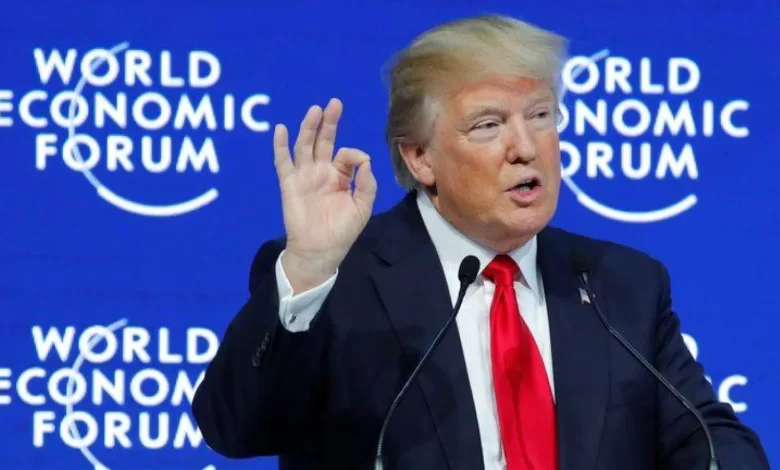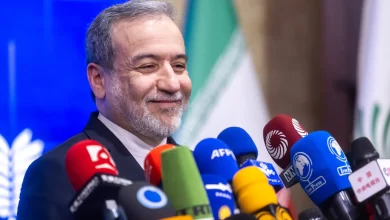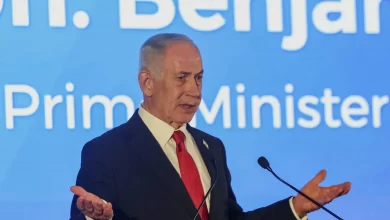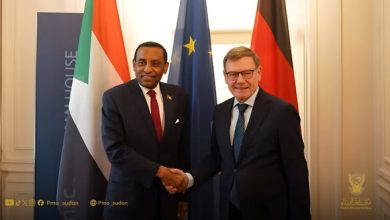InternationalNews
Trump to Participate in Davos Economic Forum Next Week

Organizers of the World Economic Forum in Davos announced today (Tuesday) that U.S. President-elect Donald Trump will participate virtually in a meeting of the forum next week, as world leaders eagerly await to learn more about his policies and his pledge to end the war in Ukraine.
Trump will return to the White House on January 20, coinciding with the start of the 55th annual forum for political leaders and business executives at the Swiss resort, according to Reuters.
The World Economic Forum stated that Ukrainian President Volodymyr Zelensky will also deliver a special speech at the forum and answer questions.
World Economic Forum President and CEO, Børge Brende, said in a press conference on Tuesday that European Commission President Ursula von der Leyen and Chinese Vice Premier Ding Xuexiang are among the global leaders who will participate in the meetings, which will include 60 heads of state and government.
Brende said that Trump, who has attended the meetings in Davos twice before, will join “digitally” on the afternoon of January 23, without providing further details. He added that this would be “a very important moment” to learn about the policy priorities of the new Trump administration.
Brende said, “There is interest in understanding the new administration and its policies, so next week will be exciting.”
The topics listed on the Davos agenda range from growing geopolitical and economic uncertainty, trade tensions, climate goals, to how artificial intelligence can help improve people’s lives.
Rich Lesser, CEO of Boston Consulting Group, told Reuters ahead of the meeting that business leaders are more optimistic about the economy in light of Trump’s promises to cut regulations, potentially lower taxes, and ease restrictions on economic activities, including mergers and acquisitions.
He added that this optimism towards Trump’s pro-growth policies is countered by concerns over tariffs, deportations, the growing budget deficit, and the U.S.-China relationship.
He went on to say, “The complex network of geopolitics, intersecting tariffs, supply chains, and competitiveness imbalances will be a major topic.”



